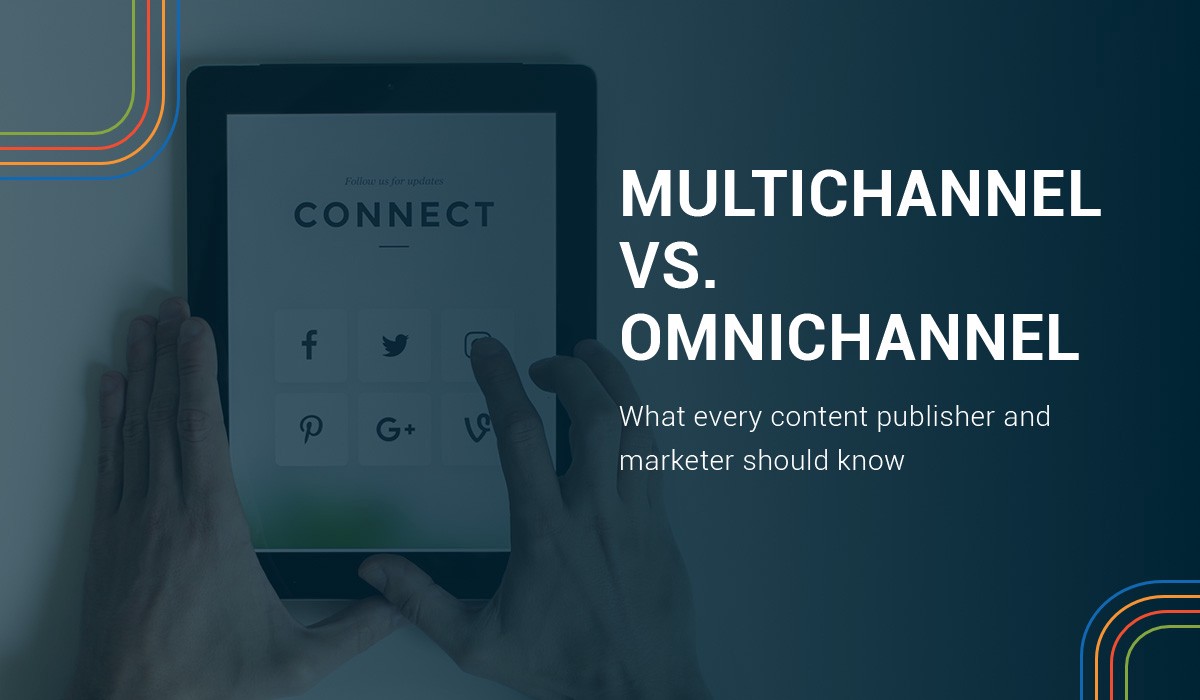What is the main difference between Omnichannel and Multichannel?
The interesting thing is that very few people know the difference. So how exactly do multichannel and omnichannel differ? And what do the differences mean for us as content publishers or marketers?
A quick overview of what to expect:
- What exactly do omnichannel and multichannel marketing mean?
- What is the main difference?
- So, what is better omnichannel or multichannel?
Differences between omnichannel and multichannel marketing
Let’s take a quick look at the definitions.
Multichannel marketing offers the customer several channels to choose from
Multichannel marketing refers to the approach of offering content, products or services across multiple channels. A channel is, for example, your own website, an app, LinkedIn, Facebook or Quora.
The target group has the choice between several channels, but they cannot act across channels. The individual channels act completely independently, and they often even compete with each other.
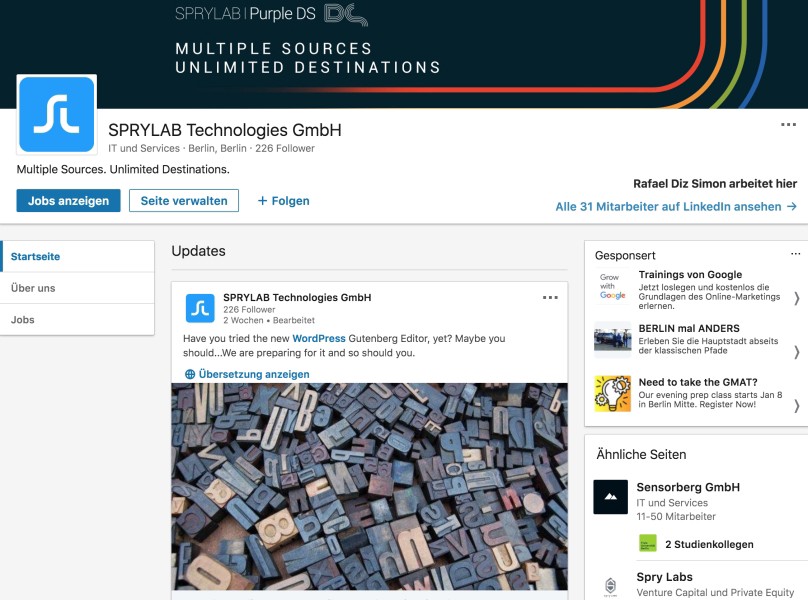
Omnichannel marketing connects the channels
Omnichannel marketing is often referred to as the evolution of multichannel marketing. Omnichannel offers the customer a seamless and consistent brand experience across all channels. Users can use the channels in parallel and thus act across channels.
All customer and inventory data is synchronized in a central system and is available on all channels, and at all touchpoints of the customer journey.
So far so good, but has the main difference become clear to you? If not, it’s no big deal, because now I’m paying a little attention to the main difference.
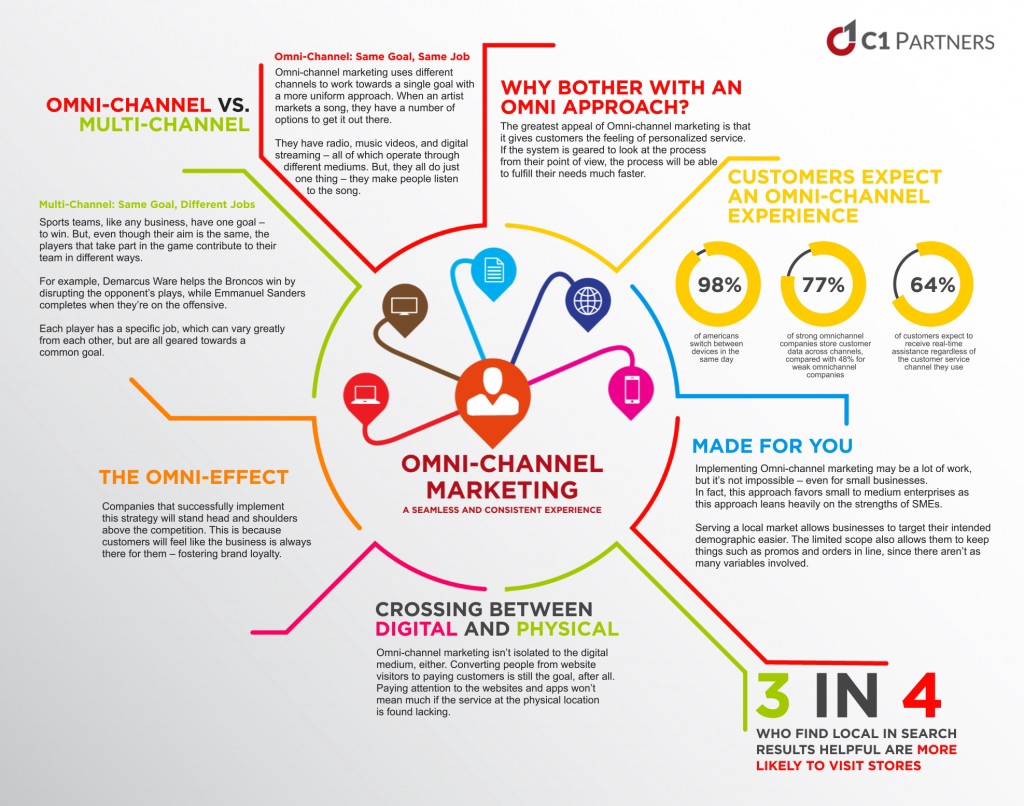
Multichannel marketing focuses on channels
Multichannel marketing is characterised by a view of individual channels and their strict separation. Each channel tries to reach the target group in the best possible way.
Omnichannel marketing focuses on consumers
In contrast, omnichannel is geared to the needs and wishes of the target group. Omnichannel therefore focuses on the consumer and not on the individual channels.
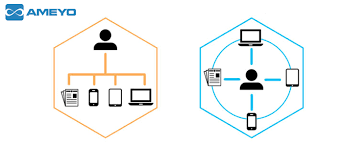
Multichannel or omnichannel — which is better?
Both strategies have their justification. Let’s take a look at current figures together. Study number 1: The more channels customers use, the more money they spend across all industries. This was the result of a study by Harvard Business Review.
Study number 2: So far, however, only a few companies have managed to practice a consistently coherent omnichannel strategy. A survey by Roland Berger showed that only 20% of retailers do so.
Study number 3: “The majority of retailers are currently followers and slackers, and the basic omnichannel level fitness in Germany is low,” sums up Tobias Göbbel, Head of Global Practise Group Sales and Marketing at Roland Berger.
Whether multichannel or omnichannel makes more sense for you cannot be easily determined. As so often is the case, it all depends on your needs. More precisely, it depends on the needs of your target group. But one thing is certain in any case: You must offer your target group a consistent experience on all the channels they like to use.
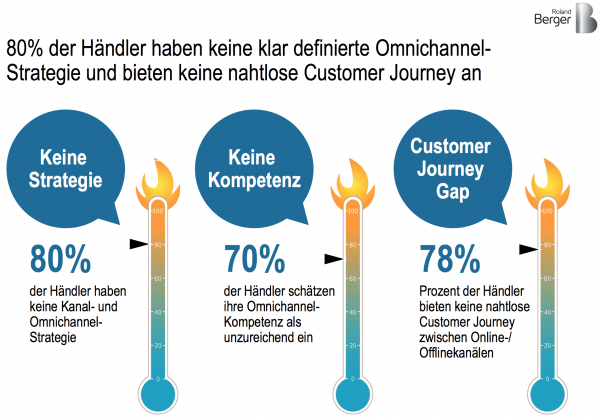
— Timo Lamour, Social Media & Content Marketing
Regardless of which channel you’re using to market to customers, the first question you should be asking is: what do customers want? Viewing your strategy through this lens helps ensure you’re focusing on delivering what’s most important to customers. For example, ReliaSite ran a survey (https://www.reliasite.com/
Thanks for reading!
Hope this helps, give me a shout if you have any questions about anything above: Facebook | LinkedIn | Twitter
Or get all our best insights into your inbox: HERE
Original article published here
How to Use AI-Powered SEO Tools for WordPress eCommerce
SEO is a critical factor in the success of any e-commerce WordPress store. As competition…
0 Comments11 Minutes
Why Short-Form Videos Are the Future of Content Marketing
Your Instagram customers spend over 50% of their time watching short-form videos and reels. Rather…
0 Comments12 Minutes
The Role of Digital Marketing in Business Growth
Online marketing touches every aspect of a business, whether it is initiating the idea or for an…
0 Comments3 Minutes
AI Meets Authenticity: Balancing Automation and Human Touch in Content Marketing
Is your brand starting to sound like a robot? In a world where algorithms write faster than any…
0 Comments8 Minutes
Essential Tools for Enhancing Web Design and UX Hosting
Have you ever visited a website that felt slow, clunky, or confusing? A website that is poorly…
0 Comments11 Minutes
How a Mini Cart Transformed My Store’s Shopping Experience
Okay, real talk—running an online store is hard. You think you’ve got everything figured out, you…
0 Comments9 Minutes
Balancing Your Security Initiatives With Industry Compliance Requirements
Managing a business today comes with a number of daily battles that need to be fought. Resources…
0 Comments11 Minutes
Best plugins to enhance the customer shopping experience
Customer experience is a key part of every online store. A good experience helps customers find…
0 Comments7 Minutes
